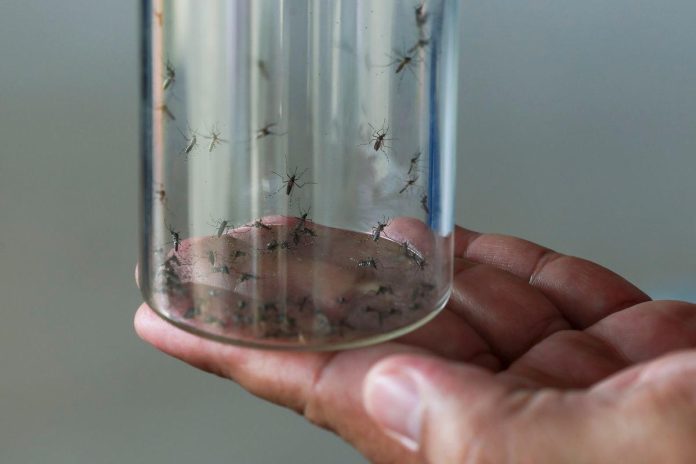KUALA LUMPUR: Malaysia has welcomed a new international partnership to develop the world’s first specific treatment for dengue, marking World Dengue Day with a reaffirmed commitment to addressing one of the country’s most persistent and deadly public health threats.
The initiative follows the signing of a memorandum of understanding (MoU) between the Serum Institute of India (SII) and the not-for-profit medical research organisation Drugs for Neglected Diseases initiative (DNDi), formalising their commitment to accelerate the development of a monoclonal antibody therapy for dengue.
“The treatment aims to be effective across all four dengue virus serotypes and accessible to low and middle-income countries,“ DNDi said in a statement.
Malaysia has expressed strong support for the initiative, which aims to make effective treatment accessible to low and middle-income countries hardest hit by the disease.
Health Ministry Deputy Director-General (research and technical assistance) Datuk Dr Nor Fariza Ngah said the partnership between DNDi and the Serum Institute of India is both timely and strategic.
She said Malaysia supports the collaboration as a means to accelerate the development and access to dengue treatment, especially for countries like Malaysia where the disease remains endemic.
“The signing of the MoU marks a pivotal step forward in the global fight against dengue. The development of a monoclonal antibody treatment represents a promising new frontier in dengue care, with the potential to save lives and reduce the burden of severe disease, especially in a country like Malaysia, where we average over 90,000 cases a year,“ she added.
Dengue remains one of Malaysia’s most pressing public health threats, with more than 120,000 cases and 117 deaths reported in 2024 alone. Recurring outbreaks put a significant strain on healthcare infrastructure, particularly in densely populated urban centres.
Currently, there is no approved antiviral treatment for dengue. Management of the disease is limited to supportive care and severe cases often require hospitalisation.
The proposed monoclonal antibody therapy is designed to be administered early in the infection to prevent the disease from progressing to severe dengue, which can be life-threatening.
The investigational therapy, previously known as VIS513, targets all four dengue virus serotypes and has shown promising results in early trials.
As part of the agreement, the next phase of clinical development will include multinational Phase III trials in dengue-endemic countries, including Malaysia.
DNDi dengue global programme head Dr André Siqueira said the treatment could be a game-changer.
“We urgently need a therapeutic option for dengue that is effective, scalable and affordable.
” This collaboration is a critical step toward that goal,” he said.








